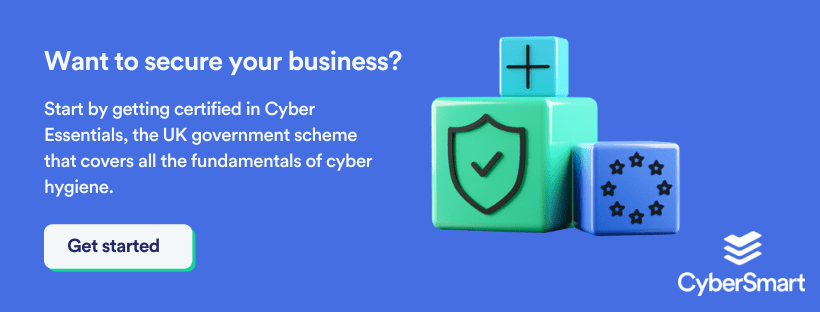One of the crucial determinants of success and profitability in SMEs is having a loyal customer base. Building loyalty and trust with your customers starts with ensuring that sensitive information about them is protected and safeguarded from cybercriminals or hackers. SMEs have long been targets of cyberattacks. However, the situation has worsened over the years, mainly due to the widespread use of the internet, which has created more exploitable avenues for cybercriminals.
Compromised systems can lead to unprecedented losses for your business. Therefore, it is important to be adequately prepared to prevent and deal with cybercrime levelled against your business. While there are many indicators of a vulnerable system, here are some of the signs you should watch out for as part of the preparation to secure your business from potential hacking.
Slow connection
A weak and slow internet connection could be a sign that your system is already under a distributed denial of service (DDoS) or denial of service (DoS) attack. When your connection starts to chug along, the sluggishness could be due to system overload caused by an attack. Your operating systems also become slower while programs take longer to start.
System crash
The constant crashing of programs is a strong sign that you may be under a cyber-attack. While crashing is also commonly caused by technical problems, some of them are attributed to malware attacks. In case of such issues, it is advisable to seek a reliable and effective security solution from a trusted provider.
Frequent pop-ups
Pop-up windows are annoying but can also be a sign of system vulnerability. Some of the pop-ups are spyware in disguise and may originate from unsafe downloads, replies to particular emails, and clicking suspicious links.
Excessive and suspicious activity
It may be time to consider the possibility of a cyber-attack if you see suspicious and excessive activity in your system even when your business has not used the hard drive for a substantial period. Just like crashing, suspicious activity may also be caused by different factors, such as hardware problems. Nevertheless, such activities cannot be blatantly ignored. It is essential to monitor all activities on the drive as well as the consumption of space.
Disabled programs and restricted access
When vital security features such as antivirus seem to be disabled or fail to update, you may as well be having a severe cyberattack. Hackers have devised malware tools that not only disable security solutions but also block your access to some sections of your computer, such as the control panel.
Generally, understanding the signs of a vulnerable system is the first step towards protecting your business from cyber-attacks. Other indicators that you may need to look out for are unauthorised homepages, automatic starting of programs, and constant error messages.










